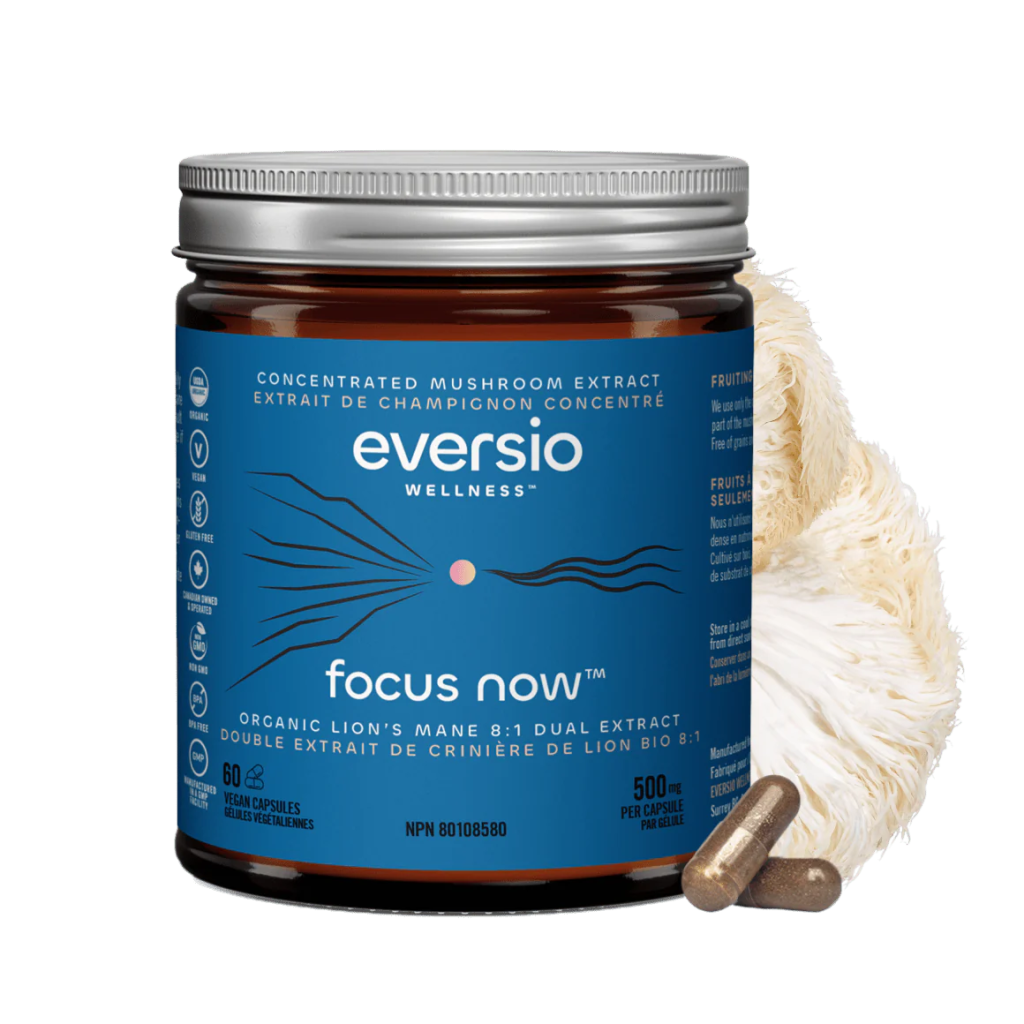
Epilepsy, a neurological disorder characterized by recurrent seizures, significantly impacts the lives of millions worldwide. While traditional anti-seizure medications (ASMs) have been the cornerstone of treatment, many patients continue to experience breakthrough seizures or debilitating side effects. This has led to a growing interest in exploring alternative therapeutic options, including cannabidiol (CBD) oil.
Understanding Epilepsy
Epilepsy is a complex condition with various underlying causes. Seizures occur when there is an abnormal surge of electrical activity in the brain. The type and frequency of seizures vary widely among individuals. While ASMs are effective for many, a substantial portion of patients remains refractory to treatment, experiencing frequent and debilitating seizures.
The Role of the Endocannabinoid System
The endocannabinoid system (ECS) is a complex network of receptors and neurotransmitters found throughout the body. It plays a crucial role in regulating various physiological processes, including pain, mood, appetite, and sleep. The ECS is also involved in maintaining brain health and may influence seizure activity.
CBD: A Potential Therapeutic Agent
CBD, a non-psychoactive compound derived from the cannabis plant, has garnered significant attention for its potential therapeutic applications. Unlike its psychoactive counterpart, tetrahydrocannabinol (THC), CBD does not produce a “high.” Instead, it interacts with the ECS, influencing various physiological processes.
CBD and Epilepsy: The Science
Early Promise: Initial interest in cbd oil price in India for epilepsy stemmed from anecdotal reports of seizure reduction. These observations prompted scientific investigation into the potential benefits of CBD in this population.
Mechanism of Action: While the exact mechanism by which CBD exerts its anti-seizure effects is not fully understood, several theories have been proposed. These include modulation of the ECS, anti-inflammatory properties, and antioxidant effects.
Preclinical Studies: Animal models of epilepsy have demonstrated the anticonvulsant properties of CBD. These studies provide a foundation for further research in humans.
Clinical Research on CBD and Epilepsy
Landmark Studies: The landscape of CBD research in epilepsy has evolved rapidly. The Epidiolex, a CBD-based medication, was approved by the FDA in 2018 for the treatment of Lennox-Gastaut syndrome (LGS) and Dravet syndrome, two severe forms of childhood epilepsy. This approval marked a significant milestone in the field.
Efficacy and Safety: Clinical trials have shown that buy premium cbd oil in India can significantly reduce seizure frequency in some patients with LGS and Dravet syndrome. However, the response to CBD varies among individuals. Safety profiles suggest that CBD is generally well-tolerated, although side effects such as fatigue, changes in appetite, and liver enzyme elevations can occur.
Other Epilepsy Syndromes: While the initial focus has been on severe childhood epilepsies, research is expanding to explore the efficacy of CBD in other epilepsy syndromes. Studies are ongoing to assess the potential benefits of CBD for adults with epilepsy and different seizure types.
CBD as an Adjunctive Therapy
In many cases, CBD is used as an adjunctive therapy alongside traditional ASMs. This approach may be beneficial for patients who continue to experience breakthrough seizures or who have not achieved adequate seizure control with medications alone. Combining CBD with conventional treatments may offer a synergistic effect, leading to improved seizure management.
Challenges and Considerations
Product Variability: The CBD market is unregulated, leading to inconsistencies in product quality, dosage, and purity. This poses challenges for both researchers and patients.
Dosage and Individual Response: Determining the optimal CBD dosage for each individual is complex. Factors such as seizure type, severity, and patient weight influence treatment response.
Long-Term Effects: While short-term studies have provided valuable insights, the long-term effects of CBD use in epilepsy are still under investigation.
Future Directions
The field of CBD research in epilepsy is rapidly evolving. Future studies will focus on refining CBD dosing strategies, identifying biomarkers to predict treatment response, and exploring the combination of CBD with other therapeutic agents. Additionally, research into the underlying mechanisms of CBD’s anti-seizure effects will contribute to the development of more targeted and effective treatments.
Conclusion
CBD oil has emerged as a promising therapeutic option for individuals with epilepsy. While significant progress has been made, further research is needed to fully understand its potential benefits and risks. It is essential to work closely with healthcare providers to weigh the potential benefits against the risks and to develop individualized treatment plans. As our knowledge of CBD and epilepsy continues to expand, it is hoped that this therapeutic approach will provide improved seizure control and quality of life for affected individuals.

